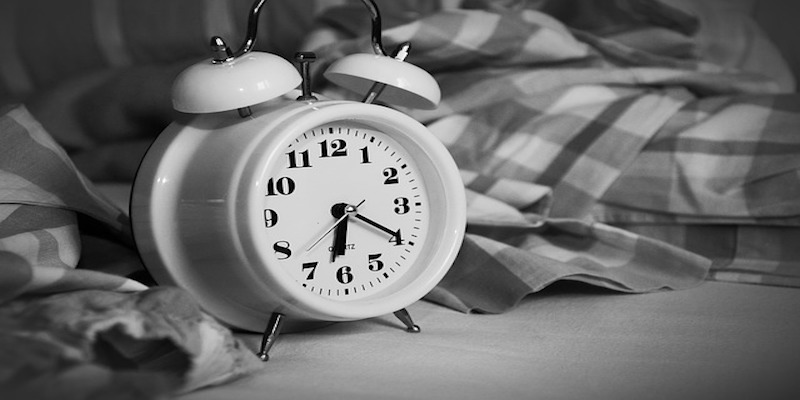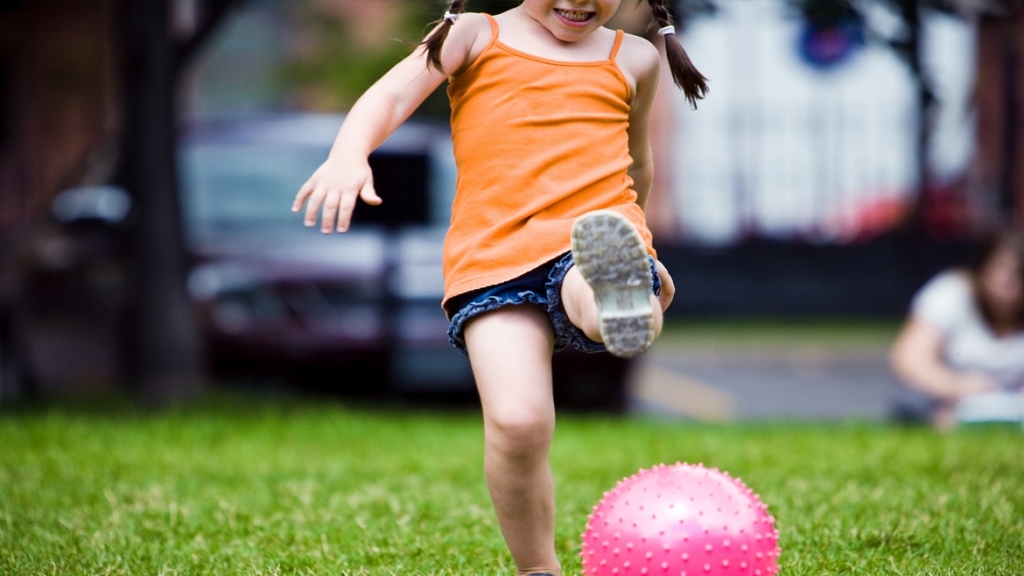There are millions of reasons why people don’t sleep well at night, and almost all of them are pretty miserable. If you’re one of the millions who suffer from insomnia or wake up less than refreshed in the morning, you know what we mean. Fortunately, new technologies are enhancing the way people sleep. In fact, there doesn’t have to be a disconnect between technology and sleep at all.
Good news, not-so-good news about technology and sleep
Overuse of certain forms of technology can wreck sleep. Checking your phone during the night or leaving the television on can ruin your rest. But it’s not all bad news. Some technologies are actually helping people like you sleep better and wake up feeling more refreshed.
Too-little sleep is not good for anyone. Experts say that adults should get at least seven hours of restful sleep per 24-hour period. They don’t have to be continuous, either. Four hours of sleep, plus four more hours later is enough. Sleeplessness is the bigger problem, but a few little changes and sleep gadgets can help.
Innovative gadgets and apps are bridges for technology and sleep
Some apps are perfect for tracking sleep patterns. Some wake a sleeper gently in the morning. The Alarm Clock For Me android alarm clock from Apalon offers sleepers a selection of soothing wake-ups, including music and weather reports. Studies show that people who are jolted awake first thing in the morning tend to start the day on the cranky side. Those who wake to their favorite music are more apt to have a spring in their step for the remainder of the day.

“White noise” machines and all-night sounds of rain and surf lull many an insomniac to sleep. Some apps offer yoga lessons to relax a person before they turn in for the night, says the South Florida Reporter. Noise-cancelling headphones work wonders for persons who live in loud neighborhoods as well as those who are awakened by the slightest sound. High-tech night lights and the customization of smart beds allow sleepers to adjust their individual sides of the bed help many couples sleep better every night.
[tweetthis]Innovative gadgets and apps are bridges for technology and sleep via @CleverlyChangin [/tweetthis]
Turn off your tech before bedtime
You may wish to stop using computers, TVs, and smartphones for an hour or two before you tuck yourself in for the night. The blue light emitted by such devices can trick the brain into a wakeful state. This makes sense because before everyone had devices, natural sleep was induced by the setting sun. Natural darkness encourages the brain to produce a chemical called melatonin.
Eyes exposed to light, especially bluish light, the brain does not secrete this important sleep chemical. One could conceivably wear orange lenses to counteract this pineal-confusing blue light dilemma. However, that’s not a viable option for most. It’s better to just turn off all technology (except for your alarm app). Then enjoy a restful night’s snooze in a darkened room, according to Sleepy Deep magazine.
You can sleep better if you sleep smarter, technology and sleep, can go hand in hand. A restful, healthful night’s rest can work wonders for your mood, health and general sense of well-being.
Jenny is a freelance writer who enjoys writing about health and wellness. She also enjoys reading and long walks on the beach. Thanks so much for sharing your insight on self-care.



